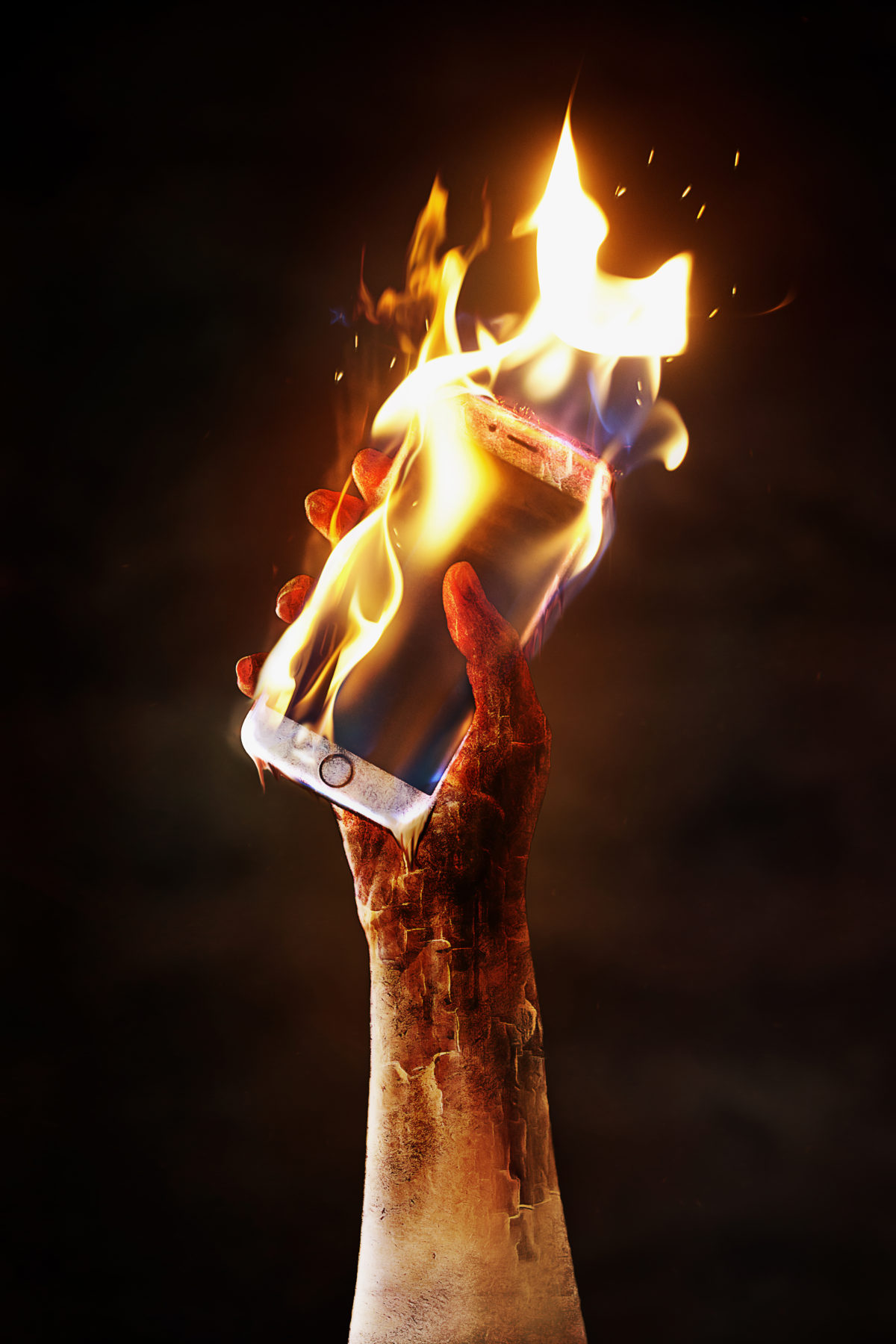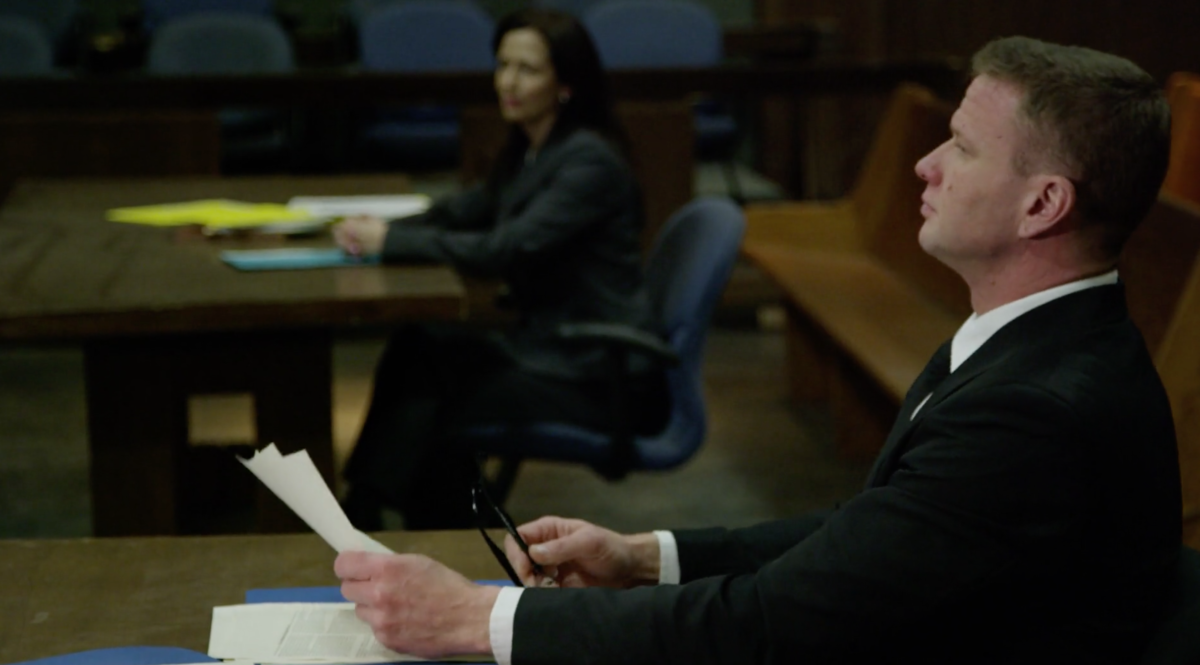Apple and Google have the capability that allows cell phones to communicate with each other. Contact Tracing Apps use this capability and have been developed to find and alert the contacts of people infected with the Coronavirus / COVID-19. As soon as someone gets sick with Coronavirus, the APP could alert you if this is someone you have been in contact with. Alleviating the length of time it takes for a real live Contact Tracer who is doing the tracing. Basically, this is widespread human GPS tracking, that presents many privacy issues involving potential data breach, information storage, and sharing sensitive personal data. Should sensitive medical information and individual locations be available on an APP? Do you believe this type of electronic contact tracing is ethical?
Check out this video to listen in on experts as they consider the amount of data that is being collected and what it means for your data when you download a Contact Tracing APP.
Video Transcripts Follow
Lee Neubecker (LN): Hi this is Lee Neubecker from Enigma Forensics and I have Debbie Reynolds back on the show, thanks for coming back Debbie.
Debbie Reynolds (DR): Thank you for having me, very nice to be here.
LN: So I’m very interested to hear more of what your research is regarding contact tracing apps, and what you think that means for individuals that might put these apps in their phone. Tell me a little bit about what’s happening right now with the industry and how contact tracing apps are working.
DR: Yeah, so Apple and Google created a capability so that phones can communicate with each-other via beacon. So that they can store information on phones, or have phones bounce off of one another, so that if someone downloads a contact tracing app or registers there, if anyone who also has the app, it will be able to trace back, y’know, how long they spent with certain people and tell them whether they feel like they may have been exposed in some way, and tell them either to quarantine or go seek treatment in some way, or get tested. So it’s pretty controversial, the contact tracing app, for a couple of different reasons. One is, people are very concerned about privacy, like giving their potential medical information to a company that’s not a medical provider, meaning that they’re not protecting the data the same way. Also, as you know, Bluetooth technology isn’t exactly super accurate in terms of the distance that you are from someone, so the delta, in terms of how accurate it can be, may be way off. It may be several meters off, the phone can’t tell if you’re six feet apart or whatever, so I think that they’ve tried to tune that up with this new API that they created, but still, based on the science, we don’t know that it’s actually accurate or not.
LN: So you could still have a situation where, if you put one of these apps on and you’re outside biking, and you bike within 8 to 10 feet of someone who later does have it that you’re getting notified that you have to quarantine on a false basis. That’s a potential outcome of using an app like that, correct?
DR: Yeah, but I think that the way they having it now is that it’s supposed to register you spent more than 15 minutes near that person, so, y’know.
LN: Okay, that’s good to know.
DR: But let’s say you’re parked in your car and someone’s parked next to your car, so you aren’t physically near, y’know, you aren’t in any danger from that person but you wouldn’t know, just because your phone says you’re close to them. They don’t understand the circumstance that you’re in, to be able to tell that, so. I think people are concerned about, a lot about privacy, them taking the data or how the app is actually going to work, and it’s going to work differently in different countries. So what they’ve done is create this API, this capability that’s put on everyone’s phone, and then if you download the app, the app which you use will use that API to actually do this beacon exchange on people’s phones. So, that’s kind of what’s happening right now, is different countries and different places are implementing it in different ways, and some are really pushing back on them because they don’t have really any good guarantees about privacy, or data breach, data breach is a huge issue.
LN: Yeah, I mean, our Government’s never had data in their custody compromised ever, right? wink..wink
DR: Right, that never happened, exactly, so-
LN: You’re having your maps of where you’re walking, your GPS records-
DR: Yeah.
LN:time of day, your movement and that is going to Google and Apple, and under certain conditions they’re passing that data on to the CDC or other entities, law enforcement, enforcement groups.
DR: Well their concern is that data, because it’s at a private company, will get merged with other things, like let’s say your insurance carrier, or your medical, y’know, you get dropped from your insurance because you have this app-
LN: You drive too fast.
DR: No because you have this app, and they think that you may have been exposed, or you’re a higher risk, or a bank doesn’t want to give you a loan or something, because you have this app on your phone. I’ve been hearing a lot of different scenarios people are concerned about. But I’m curious, from your perspective, in terms of how certain things are stored on phones. I know beacons is a really big idea, but maybe you can explain a little bit about how Bluetooth actually works?
LN: Yeah, well Bluetooth is a near band wavelength that allows for peer-to-peer networking. Bluetooth has been exploited in the past to be able to take over devices, so it’s, a lot of people don’t like to have their Bluetooth on continuously because you’re opening your phone up to potential attacks, cyber attacks, via Bluetooth. You’re also broadcasting, when you have Bluetooth on you’re also broadcasting your MAC address identifier, your Bluetooth unique address and there have already been issues where retailers in London at one time, they had kiosks outside that would track the shoppers and they’d know how long they were at certain stores, and they’d use that information to serve custom video ads to people as they’re shopping and walking by.
DR: Right.
LN: So there’s privacy implications and security implications of having Bluetooth on all the time.
DR: Yeah, and that’s a big concern. So I know when I first heard this, about them doing this contact tracing, I was wondering like how exactly would they get the proximity right, and because we have no visibility to that we really don’t know, right?
LN: No.
DR: So we just have to sort of trust the black box and see what happens, to some extent, but I, for me I think my opinion is that contact tracing is a profession, it’s not an app. So, there are people who do this as a profession, only, let’s see, 55% of people in the world don’t even have smart phones, so you’re talking about a capability that’s only for 45% of the people, and not all those people are going to actually volunteer to get these apps.
LN: Yeah.
DR: So it doesn’t really help to contact, for people who do contact tracing, except it adds another layer that they have to work with because they still have to track people whether they have cell phones or not.
LN: It’s interesting stuff, thanks for bringing that to our viewers’ attention and thanks for being on the show again.
DR: All right, thank you so much, I really appreciate it.
LN: Okay.






